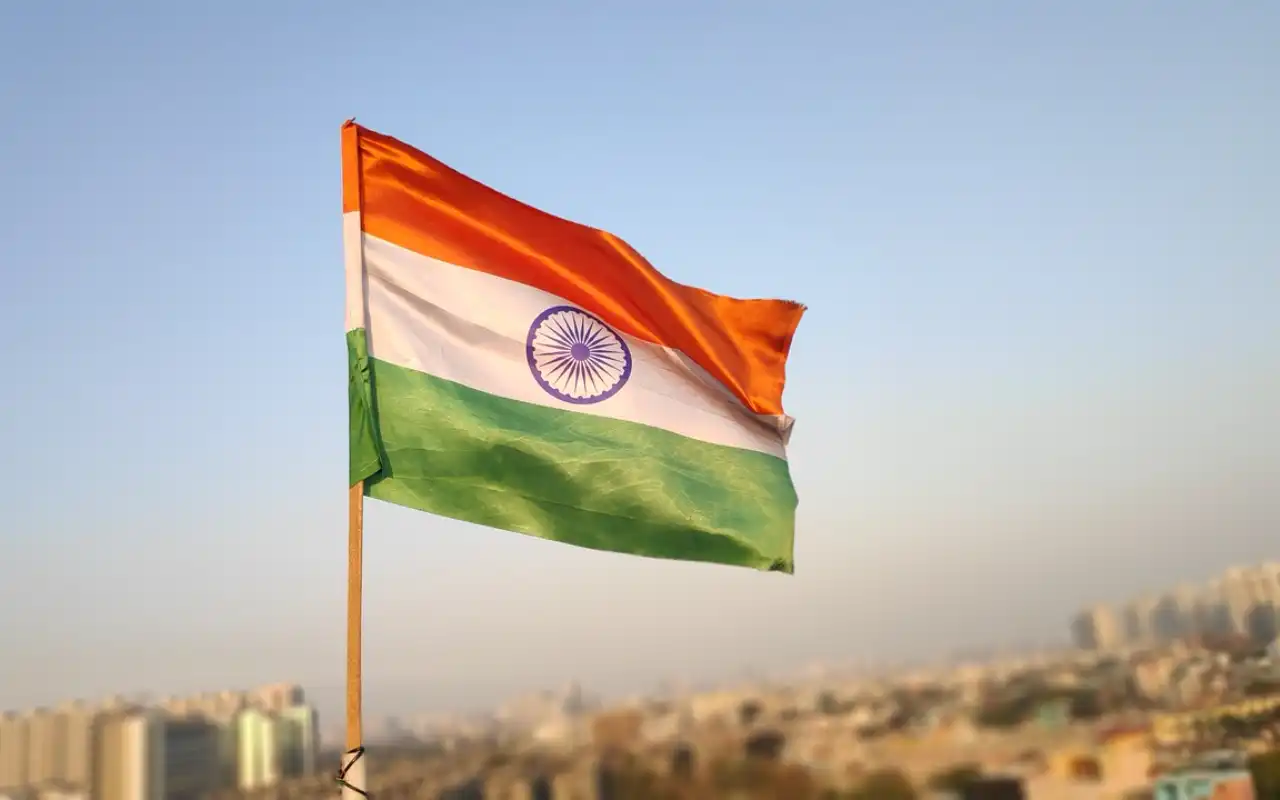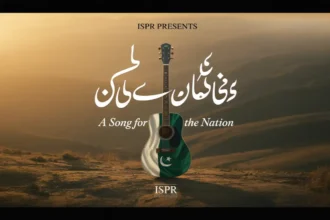India is reportedly exploring plans that concern Pakistan’s water accessibility with the Indus River system through the creation of new infrastructure that aims to either block or divert water flow.
If implemented, such measures would further damage the already fragile relationship concerning water resources between the two nations which share nuclear capabilities and are governed by the 1960 Indus Waters Treaty (IWT).
As per insiders from India’s Ministry of Jal Shakti, the government is considering project proposals for the Indus River basin that would permit India to amass a greater share of water than what is currently flowing into Pakistan.
This proposed scheme will likely target the western rivers, i.e. Indus, Jhelum, and Chenab, which are predominantly assigned to Pakistan under the treaty.
In the presence of escalated diplomatic tensions accompanying incessant ceasefire violations along the Line of Control (LoC), militant activities from both sides, and the long unresolved Kashmir dispute, this news seems shocking.
Some Indian policymakers argue that the water agreement has been too generous to Pakistan and can, at the very least, be “recalibrated” in favor of India’s national interests.
Even though there have been no official announcements, India has already started upgrading and accelerating a few hydropower and dam projects in Jammu and Kashmir.
They include Ratle and Kishanganga hydropower projects which Pakistan has contested in numerous international forums, including the World Bank and the Permanent Court of Arbitration.
Experts caution that any attempts to change the water supply will not only be viewed as an economic offense but be perceived by Pakistan as a blatant breach of the Indus Waters Treaty. This treaty has seen multiple wars and decades of political tension between the two countries.
South Asian geopolitical analyst Dr. Ali Farooq stated,
Tampering with the water supply could be seen as a form of economic aggression.
Pakistan’s dependence on the Indus River system is critical for agriculture sustenance, drinking water, and hydroelectric power. The country is already facing a dire situation when it comes to managing its water supply due to a rapidly growing population and climate change. An unexpected change or interruption would worsen water supply challenges.
In response to such ongoing claims, Pakistan’s Ministry of Water Resources said that it is monitoring the situation and will take up the issue at diplomatic channels if any violation of the treaty is found.
Pakistan will not tolerate any action which undermines this lifeline.
The Indus Waters Treaty is considered a rare example of cooperation between India and Pakistan and is often cited along with the World Bank sponsored treaty signed in 1960. With increasing geopolitical tensions coupled with soaring nationalist feelings on both sides, the future of water diplomacy in South Asia is likely to face turbulent times.
Amid these developments, Pakistan’s political leadership has also spoken out. Maulana Fazlur Rehman, chief of JUI-F, stirred headlines recently by defiantly stating, “Modi ka baap bhi Pakistan ka pani band nahi kar sakta” (Even Modi’s father can’t stop Pakistan’s water), dismissing India’s threats as mere political drama.








